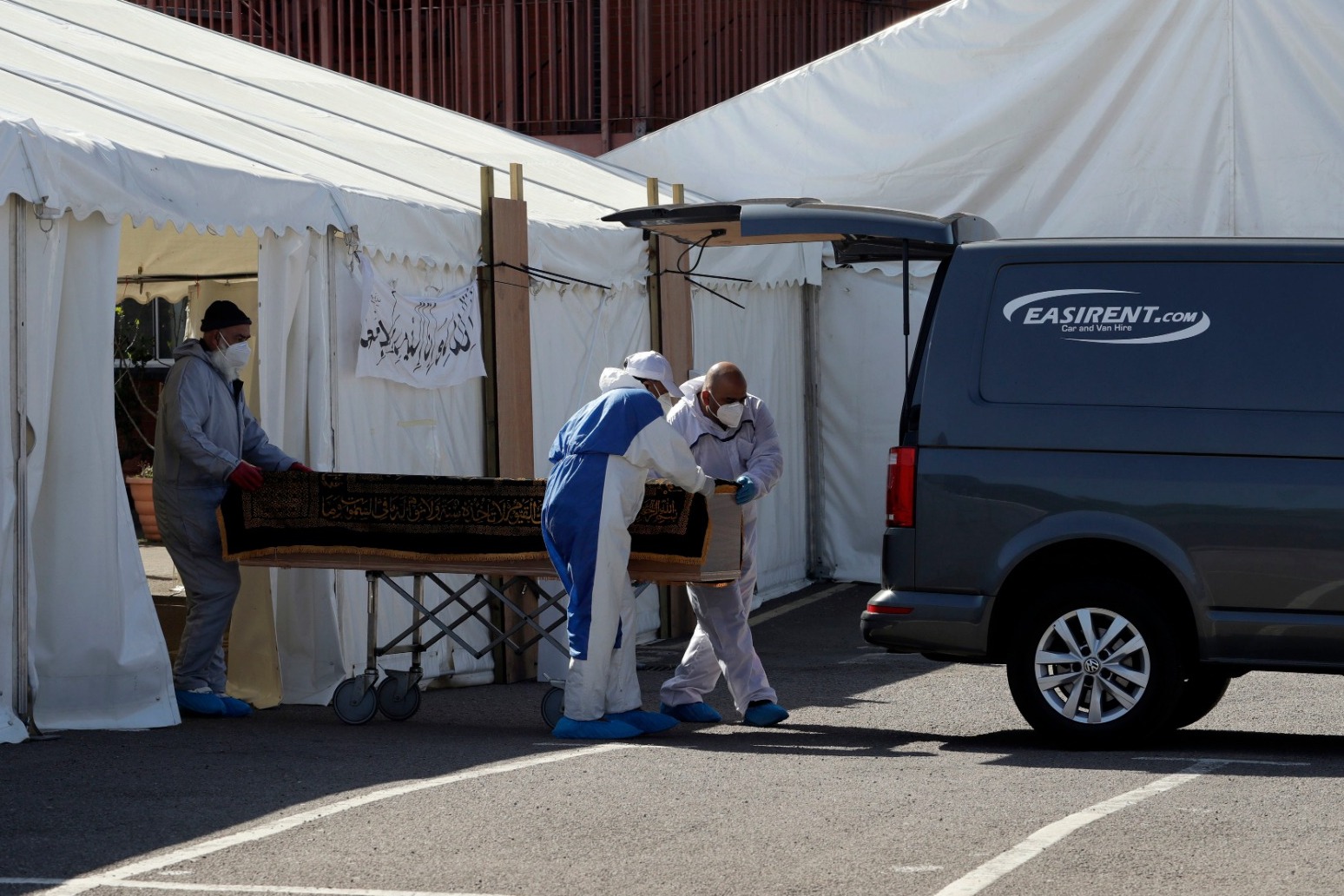
New Zealand looks to ease strict lockdown as case numbers fall
New Zealand is preparing to ease rules on a strict lockdown put in place to limit the spread of coronavirus.
The country reported five new Covid-19 cases on Monday but has not seen widespread community transition and will allow a partial reopening of the economy.
Prime Minister Jacinda Ardern said the country has so far managed to avoid the worst scenarios for an outbreak and would continue to hunt down the last few cases.
From midnight on Monday, certain businesses such as construction will be allowed to reopen, but social distancing rules will still apply.
Meanwhile, South Korea is looking at reopening schools as the number of cases begins to tail off.
Authorities reported 10 new cases on Monday, the 26th straight day where this number has been in double figures.
Using an active test-and-quarantine program, South Korea has so far managed to slow its outbreak without imposing lockdowns or business bans.
However, schools have been closed and remote-learning programmes set up in their place.
Prime Minster Chung Sye-kyun instructed education officials to prepare measures to ensure hygiene and enforce distance between students at schools so the government could announce a timeline for reopening schools no later than early May.
Authorities in China reported three new cases on Monday and have now gone 12 days without recording a death relating to Covid-19.
The coronavirus outbreak originated from the country, and 723 people remain in hospital suffering from the virus, while a further 1,000 are being kept in isolation.
Beijing added one additional post-mortem death to its count, raising China's overall death toll to 4,633 from 82,830 cases.
Of the new cases, two were imported and one was detected in the province of Heilongjiang bordering Russia, according to the National Health Commission.
In Spain, the nation let children go outside for the first time in six weeks, with many other European countries reopening factories and construction sites.
In the US, governors in states including hard-hit New York and Michigan are keeping stay-at-home restrictions in place until at least mid-May, while their counterparts in places such as Georgia, Oklahoma and Alaska are allowing certain businesses to reopen.
White House strategists are planning to shift President Donald Trump's public focus from the pandemic toward fixing the economy.
This comes after he was sharply criticised in recent days for publicly musing that scientists should explore injecting toxic disinfectants as a potential virus cure.
The official death toll from the virus has topped 206,000 worldwide, with nearly three million confirmed infections, according to a tally by Johns Hopkins University. The real figures are believed to be much higher, in part because of inadequate testing and differences in counting the dead.
Italy, Britain, Spain and France accounted for more than 20,000 deaths each. In the US, the death toll was nearly 55,000 - close to the 58,000 US troops who were killed during the Vietnam War.
There have been some encouraging signs, as Italy recorded its lowest 24-hour number of deaths since mid-March, with 260. New York state registered its lowest figure since late last month, with 367.
Seven weeks into Italy's strict lockdown, Premier Giuseppe Conte laid out a long-awaited timetable for getting back to normal, announcing that factories, construction sites and wholesale supply businesses can resume activity as soon as they put safety measures in place against the virus.
Mr Conte also said that starting on May 4, parks and gardens will reopen, funerals will be allowed, athletes can resume training, and people will be able to visit relatives living in the same region.
He said that if all goes well, stores and museums will reopen May 18, and restaurants, cafes and salons on June 1.
Spanish Prime Minister Pedro Sanchez will present a detailed plan for the "de-escalation" of Spain's lockdown, but said the government would take a cautious approach. French leaders will do the same on Tuesday.
Other European nations are further along in relaxing their restrictions. Germany allowed nonessential shops and other facilities to open last week, and Denmark has reopened schools for younger children.
Published: by Radio NewsHub